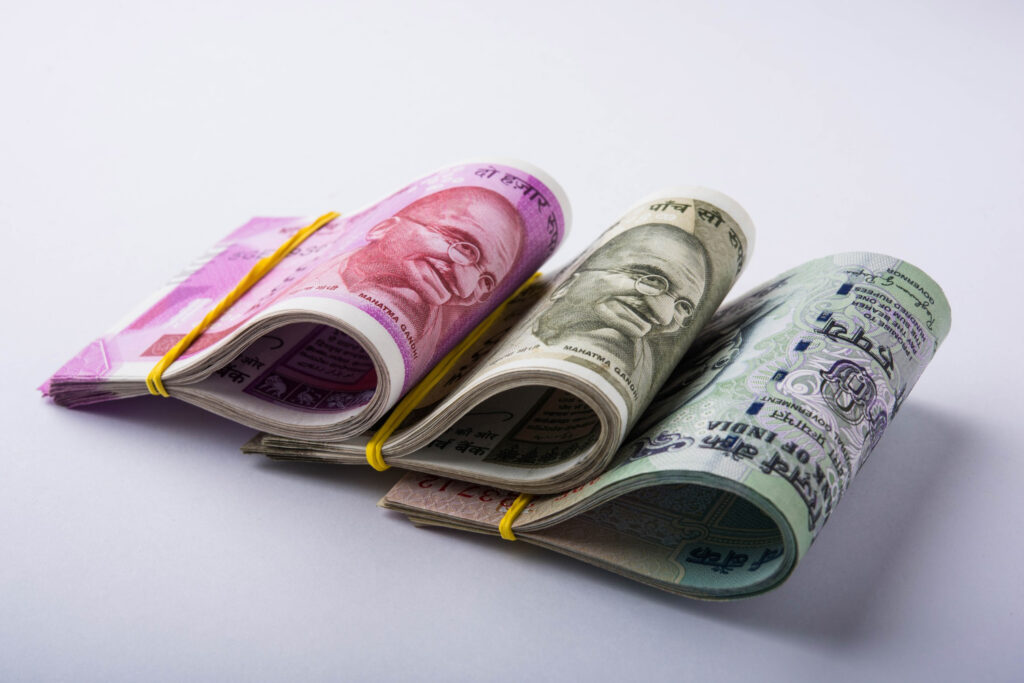Introduction
The Reserve Bank of India (RBI), the country’s central banking authority, has announced the launch of an inflation expectations survey across 19 major Indian cities in 2025. This initiative is part of RBI’s consistent effort to monitor inflation trends, understand consumer sentiment, and take informed decisions on monetary policy. With inflation directly affecting the cost of living, purchasing power, and savings, such surveys play a crucial role in shaping India’s financial stability and economic growth strategy.
In this article, we will explore the importance of the RBI inflation survey, the cities covered, its methodology, the role in policy-making, and the expected impact on Indian households and businesses.
What Is the RBI Inflation Survey?
The Inflation Expectations Survey of Households (IESH) is a regular exercise conducted by the RBI to capture the perception of urban households about current inflation and their expectations for the future. It covers variables such as:
- Current inflation perception – How consumers feel about the price rise over the last few months.
- Short-term expectations – What households think will happen to inflation over the next three months.
- Medium-term expectations – Projections on inflation over the next one year.
By analyzing this data, RBI gains insights into consumer confidence, spending habits, and inflationary pressures that may not be immediately visible in official statistics.
Cities Covered in the 2025 Inflation Survey

The survey will be conducted across 19 key cities in India, representing a mix of metropolitan hubs, tier-2 cities, and rapidly growing urban centers. These include:
- New Delhi
- Mumbai
- Kolkata
- Chennai
- Bengaluru
- Hyderabad
- Ahmedabad
- Pune
- Jaipur
- Lucknow
- Patna
- Bhopal
- Bhubaneswar
- Chandigarh
- Kochi
- Guwahati
- Thiruvananthapuram
- Raipur
- Ranchi
These cities reflect diverse economic activities, consumption patterns, and cultural behaviors, giving RBI a balanced and comprehensive understanding of inflation expectations across the country.
Why Is This Survey Important?
1. Shaping Monetary Policy
The RBI’s primary responsibility is to maintain price stability while supporting economic growth. Understanding household inflation expectations helps RBI adjust:
- Repo rate (lending rate)
- Reverse repo rate (borrowing rate)
- Cash Reserve Ratio (CRR)
For instance, if the survey indicates rising inflation expectations, RBI may consider raising interest rates to curb demand and stabilize prices.
2. Protecting Consumer Purchasing Power
Inflation directly affects how much households can buy with their income. By monitoring consumer sentiment, RBI can design strategies that protect middle-class and lower-income households from severe price shocks.
3. Guiding Government Policy
The survey findings are also useful for the Government of India in designing welfare schemes, subsidies, and tax policies. If citizens expect high food inflation, the government may boost agricultural support, improve supply chains, or adjust import-export policies.
4. Helping Businesses and Investors
Investors, corporates, and startups monitor RBI surveys to understand inflation trends. For example:
- FMCG companies adjust their pricing and distribution strategies.
- Retail businesses plan promotions based on consumer spending patterns.
- Stock market analysts use inflation outlooks to predict market movements.
Methodology of the Inflation Survey
The RBI survey uses scientific sampling techniques to ensure accuracy. Key aspects include:
- Sample Size: Thousands of households across 19 cities.
- Survey Method: Mostly face-to-face interviews and digital questionnaires.
- Respondent Profile: Urban households from different income groups.
- Parameters Measured: Food prices, fuel costs, rent, health, education, and essential commodities.
This ensures that data collected reflects the real concerns of Indian families rather than just statistical figures.
Recent Inflation Trends in India
Over the past few years, India has experienced fluctuating inflation due to multiple global and domestic factors:
- Food Price Volatility: Prices of vegetables, pulses, and edible oils have shown sharp fluctuations.
- Global Oil Prices: Rising crude oil costs have impacted fuel prices, logistics, and transport.
- Supply Chain Disruptions: Post-pandemic disruptions and geopolitical tensions have contributed to higher input costs.
- Monsoon Dependency: Agricultural output in India is heavily dependent on monsoons, which affects food inflation.
As of mid-2025, RBI is aiming to keep inflation close to the 4% target (with a 2% margin on either side). The survey will help assess whether households believe inflation will stay within this range.
Impact on the Common Citizen
The RBI survey directly impacts how ordinary citizens experience inflation in their daily lives. Some expected outcomes include:
- Interest Rates on Loans and EMIs: If inflation expectations are high, RBI may hike interest rates, making home loans, car loans, and personal loans more expensive.
- Savings and Investments: Higher inflation often reduces the real return on savings. The survey helps RBI design interest-bearing schemes that protect small investors.
- Cost of Essentials: Better inflation control ensures stability in food, fuel, and utility costs.
- Employment and Growth: Stable inflation fosters industrial growth, leading to job creation and better economic stability.
RBI’s Commitment to Transparency
By conducting and publishing the inflation survey, RBI ensures greater transparency in economic policy-making. Citizens, businesses, and policymakers gain access to data that helps them:
- Plan household budgets.
- Make long-term investments.
- Adapt business strategies.
This open communication also builds trust in RBI’s efforts to maintain financial stability.
The Road Ahead

As India rapidly grows into a $5 trillion economy, inflation management remains a critical priority. The 2025 inflation survey across 19 cities is a significant step towards:
- Improving data-driven decision-making.
- Balancing growth with price stability.
- Enhancing consumer protection in times of global uncertainty.
Future surveys may also expand to rural India, where inflationary pressures are often more volatile and underreported.
Conclusion
The launch of the RBI Inflation Survey 2025 across 19 Indian cities marks a proactive move to strengthen India’s economic framework. By understanding household expectations on price rise, RBI can fine-tune monetary policies, guide government interventions, and safeguard consumer interests.
Inflation is more than just numbers—it affects the daily lives, aspirations, and financial stability of millions of Indians. With this survey, the RBI demonstrates its commitment to inclusive, transparent, and forward-looking economic governance.

